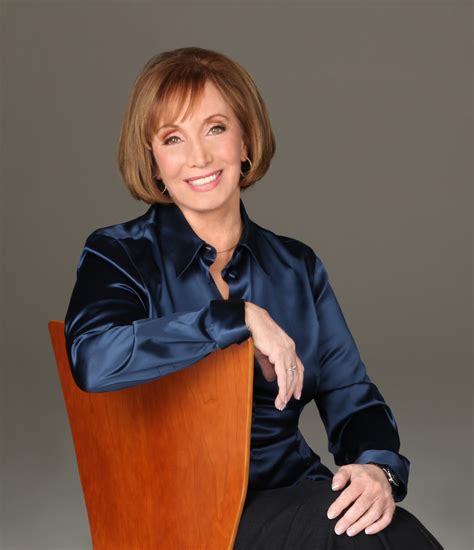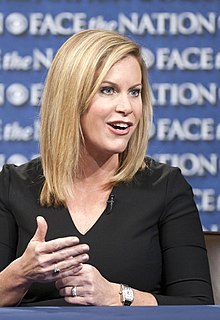A Quote by Ben Schott
I follow blogs, particularly all the main political ones - Guido Fawkes, Iain Dale, Coffee House, Paul Waugh, Iain Martin in the Wall Street Journal, and so on. And some American ones, like the Huffington Post, Gawker, Boing Boing; or Eater and Daily Candy, also American, which are about where to go to eat.
Related Quotes
Cory Doctorow should be too busy for lunch. He's co-editor of, and a prolific contributor to, one of the most influential blogs in the world, Boing Boing. Over the past decade the Canadian-born writer has published 16 books, mostly science fiction novels. He campaigns vigorously on the politics of the digital age.
Buffett's uncommon urge to chronicle made him a unique character in American life, not only a great capitalist but the Great Explainer of American capitalism. He taught a generation how to think about business, and he showed that securities were not just tokens like the Monopoly flatiron, and that investing need not be a game of chance. It was also a logical, commonsensical enterprise, like the tangible businesses beneath. He stripped Wall Street of its mystery and rejoined it to Main Street -- a mythical or disappearing place, perhaps, but one that is comprehensible to the ordinary American.
Iain's gaze went back and forth between Gillian and Brodick. "Father Laggan's back," he remarked. "And there's another, younger priest named Stevens with him." "Why are you telling me this?" Brodick asked. "I just wanted you to know there are two priests available," Iain explained with a meaningful glance at Gillian.
The internet makes information easier to come by, but harder to control - think of the success of blogs like ConservativeHome and Guido Fawkes. I definitely think Parliament's website can be improved - perhaps it could have better access to video feed, include interactive features or have discussion forums.
Everyone's [ me, Iain Cook and Martin Doherty] equally involved in all the writing. Normally we'll start with a sample or a drumbeat, or a synth sound or something like that, and that will spark the initial idea. And then we'll write an instrumental sketch of a song, and then we put on a nonsense vocal melody, which is always my favourite bit because it obviously sounds amazing.
The truth is, everything we know about America, everything Americans come to know about being American, isn't from the news. I live there. We don't go home at the end of the day and think, "Well, I really know who I am now because the Wall Street Journal says that the Stock Exchange closed at this many points." What we know about how to be who we are comes from stories. It comes from the novels, the movies, the fashion magazines. It comes from popular culture.





































